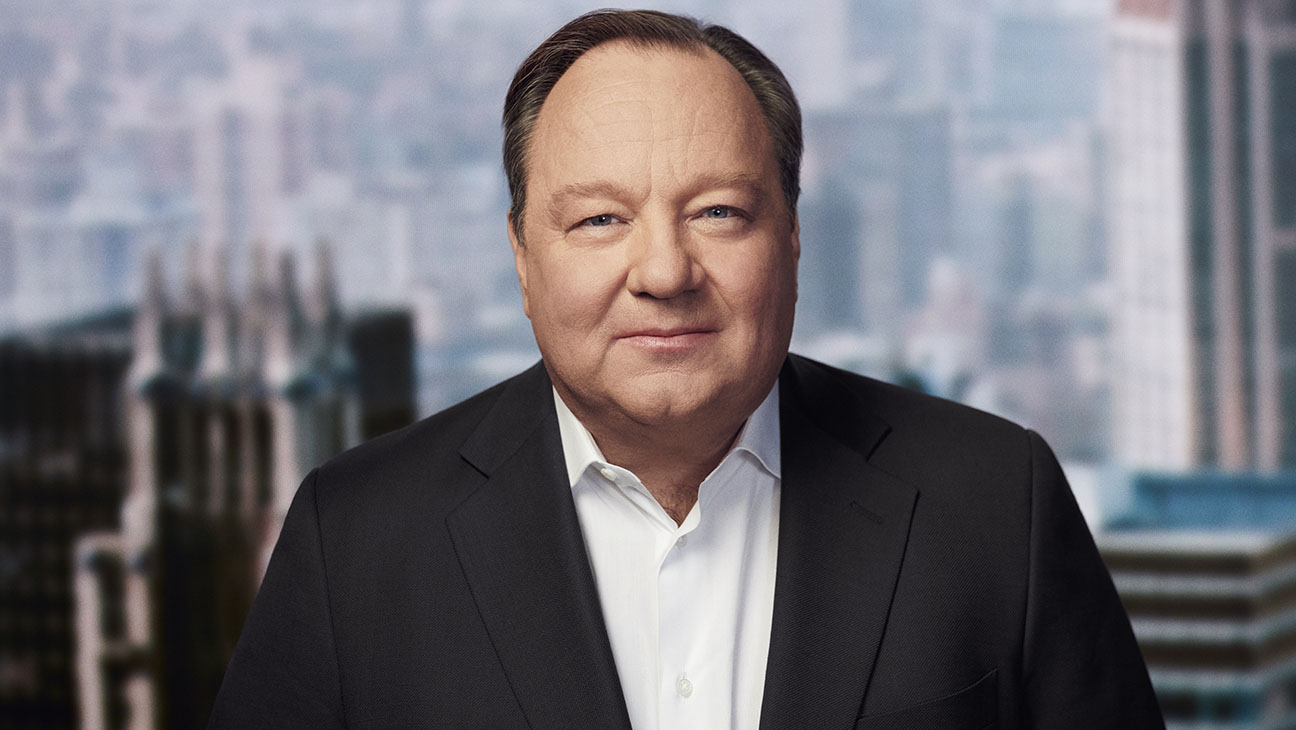
- Share this article on Facebook
- Share this article on Twitter
- Share this article on Flipboard
- Share this article on Email
- Show additional share options
- Share this article on Linkedin
- Share this article on Pinit
- Share this article on Reddit
- Share this article on Tumblr
- Share this article on Whatsapp
- Share this article on Print
- Share this article on Comment
Bob Bakish, president and CEO of Paramount Global, appears confident SAG-AFTRA and the Alliance of Motion Picture and Television Producers will reach a deal to end the ongoing actors strike.
Speaking at the international television conference MIPCOM on Tuesday, where he received the 2023 personality of the year award, Bakish said despite negotiations breaking down last week, he was optimistic the industry will see an end to the three-month-long strike action.
“[The actors] are at the table,” Bakish said. “Yes, things broke down a bit last week, but they want to be back at the table. And we’ll get there because ultimately, we all want to get back to work … I’m optimistic we’ll get there as an industry in the near term.”
Related Stories
In May, shortly after the Writers Guild of America went on strike, Bakish said on a company earnings call that Paramount had been preparing for the possibility of labor action and outlined how the studio’s slate of new releases, its large library and strong offshore production operations would help it weather the work stoppage. In August, for Paramount’s second-quarter earnings call, Paramount CFO Naveen Chopra said the strikes — both the actors and the now-resolved WGA labor action — would “significantly” boost free cash flow at the studio because Paramount would not need to meet its commitments to creators who remained on the picket lines.
Bakish said while it was true for Paramount “and for the industry writ large” that the strikes have helped cash flow at the studios, he said the impact has been overstated.
“And look, we’re playing the hand we were dealt. Again, we didn’t want to be [here],” he noted. “The notion that [the strikes] saved the company is wildly overstating [the facts].”
The Paramount Global boss only briefly touched on the SAG-AFTRA strike in his MIPCOM keynote discussion, preferring instead to focus on the studio’s international business, in particular its global licensing operations. Paramount, unlike some of its competitors, said Bakish, was betting on the international content licensing ecosystem.
“This is a business that has significant strategic and financial value for Paramount, a business that we’ve always been committed to,” said Bakish. “While our peers were pulling back content, and putting up walled gardens, we never left.”
Bakish called the licensing business, whereby a studio sells off local rights to its programming to international partners, was a “profitable, multibillion-dollar business for Paramount and it’s a critical driver of our broader strategy to make and distribute content with massive global appeal.”
Some of Paramount’s studio competitors, including Warner Bros., initially moved away from the traditional licensing business, pulling back global rights to their shows and series as they rolled out their own streaming services worldwide. Most now, however, are returning to the content licensing fold.
Bakish confirmed that 2023 will be Paramount’s “peak investment year” in streaming and that 2024 will see “significant earnings growth” driven by “a significant drop in streaming losses.”
He insisted Paramount remains committed to its direct-to-consumer business through in-house streamer Paramount+, particularly in key markets such as the U.S. and U.K., but that the studio was taking a more bespoke approach to its international side of its business.
“There has been continued discussion about streaming, and the robustness of that business and profitability and all of that,” said Bakish. “Now, people like simple answers and what was invoked as a simple answer was the way to be in streaming was [to be] 100 percent owned and operated DTC [direct-to-consumer] in every market around the world. And I think the reality is, frankly, no, the reality is not that simple. We believe and are beginning to demonstrate that a more multifaceted approach to streaming, which embraces partnerships, is more fiscally responsible and ultimately a more financially powerful way to unlock the total addressable market.”
Bakish, who has led Paramount since 2019 and has overseen the studio’s transformation through the Viacom and CBS merger, said the studio was focused on “content, customers and Paramount,” finding out how to “serve consumers, leveraging great content on a multiplatform basis to create value for our company,” while transitioning to a new world beyond traditional distribution models, particularly the cable TV model.
THR Newsletters
Sign up for THR news straight to your inbox every day







